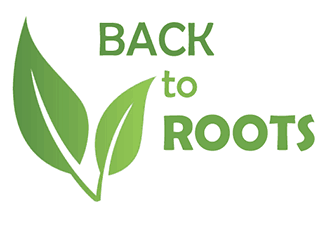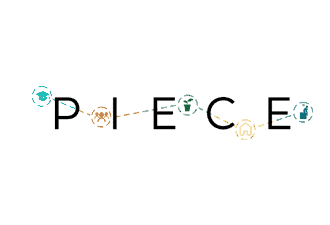Financial inclusion is a crucial aspect of integration, particularly in a financially advanced area like European Union. It is essential to be able to make transfers, to pay electronically, to easily access to home-banking, to use cards, file digital documents etc. Financial inclusion of foreign students or labour migrants is relatively straightforward, but asylum seekers/refugees face high difficulties, starting from a valid document identities (this is related to Know Your Customer standards).
The importance of facilitating integration in digital and financial literacy relies on the fact that the same EU adult citizens structurally face deceptive usage of unsolicited emails, phone calls, emails, put under pressure in learning new lexicon and not reaching everyday financial sustainability. Migrants face worse conditions than EU citizens, and higher numbers of migrant adults risk to fall into debt or to pay for what they have not asked for, failing then to reach their everyday sustainability, systematically reinforce the connection between digital dis-empowerment and social exclusion, as also shown by the EU Digital Agenda founding document. Financial inclusion of migrants is atop of the agenda in inclusion discussions, as many European citizens have started showing intolerance, lack of understanding of the problems of the inclusion process.
At the moment, in Europe there are different initiatives coming from the banks, from OECD discussions and papers (particularly from 2012 commitments in cutting down the cost of remits) that should encourage migrants and minorities. However, little has been done in terms of education attached to financial service, in creating simple access material that can build the basis for empowerment both in terms of digital skills and of financial household management. Creating complex reading material is not part of this project as targeted adults are those who do not know how to fully read a document nor are they acquainted to the specific terms. Plus, it is important to target gender-related issues in terms of financial learning and decision-making of the migrant adult households, as women consistently show lower levels of financial literacy and autonomy, as culturally they depend on men’s wage, while failing to quantify the real contribution in terms of household economy.
SELF-MATE [Sharing and learning Platform in financial management and literacy for migrants and people with fewer opportunities] aims to create knowledge/competence foundation of adult migrant households (25+) and train migrants educators in a number of themes, such as:
1. Financial accounting and family economics management
2. Consumers rights and digital transparency
3. Supporting them through agile digital learning & financial assessment material on digital skills (compatible with everyday work and endeavours)
4. Access and exploit a lean e-learning platform to give practical guidance in different life situations, focusing on transversal competences and download explanatory material in different European languages.
Furthermore, SELF-MATE aims to empower migrant women and raise awareness about their concrete contribution in terms of family economy as well as in those uncountable values of safety and protection.
Concrete results of the project:
- an e-learning platform to acquire digital and financial through ad-hoc material for migrants and people with fewer opportunities;
- a double learning/teaching booklet, both for educators and for learners;
- a self-assessment tool to test digital financial knowledge one has on the web platform.






